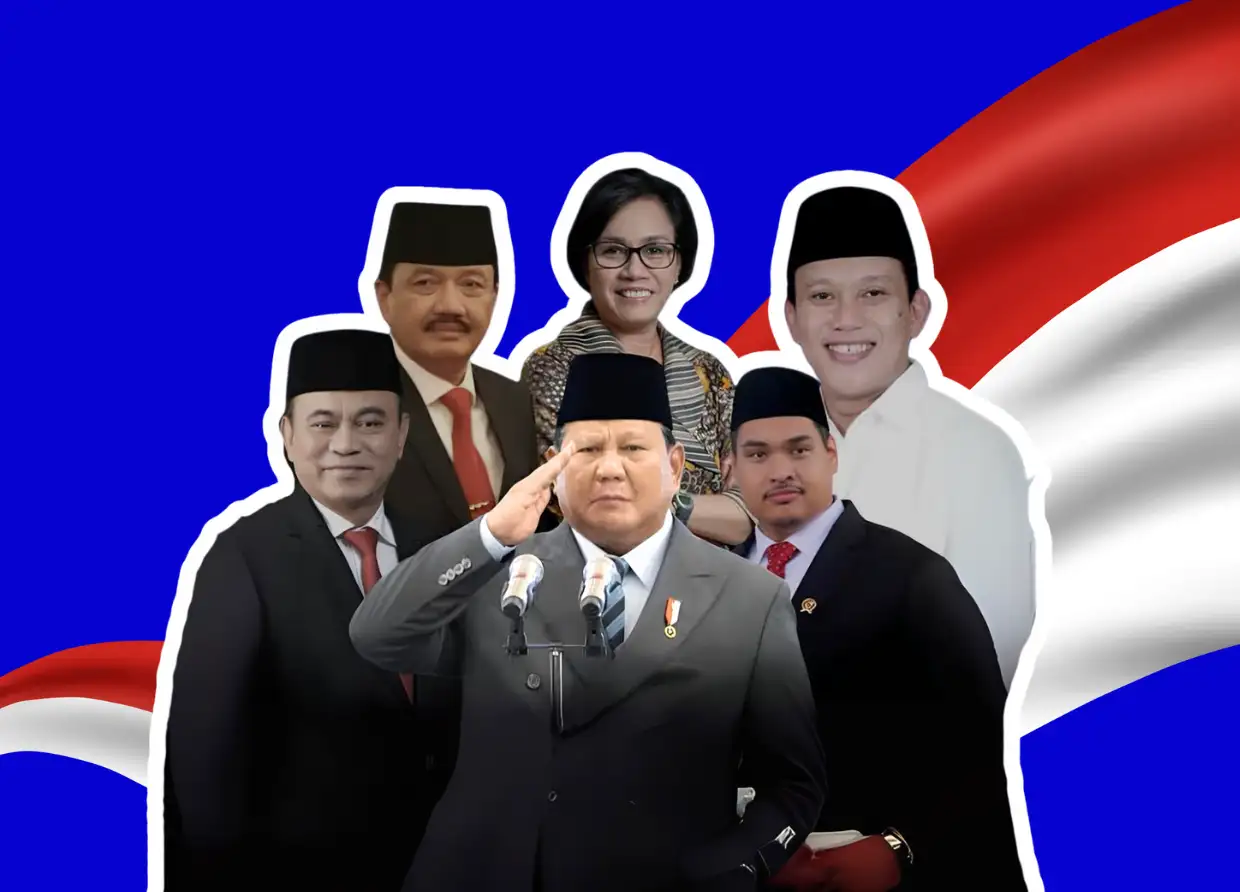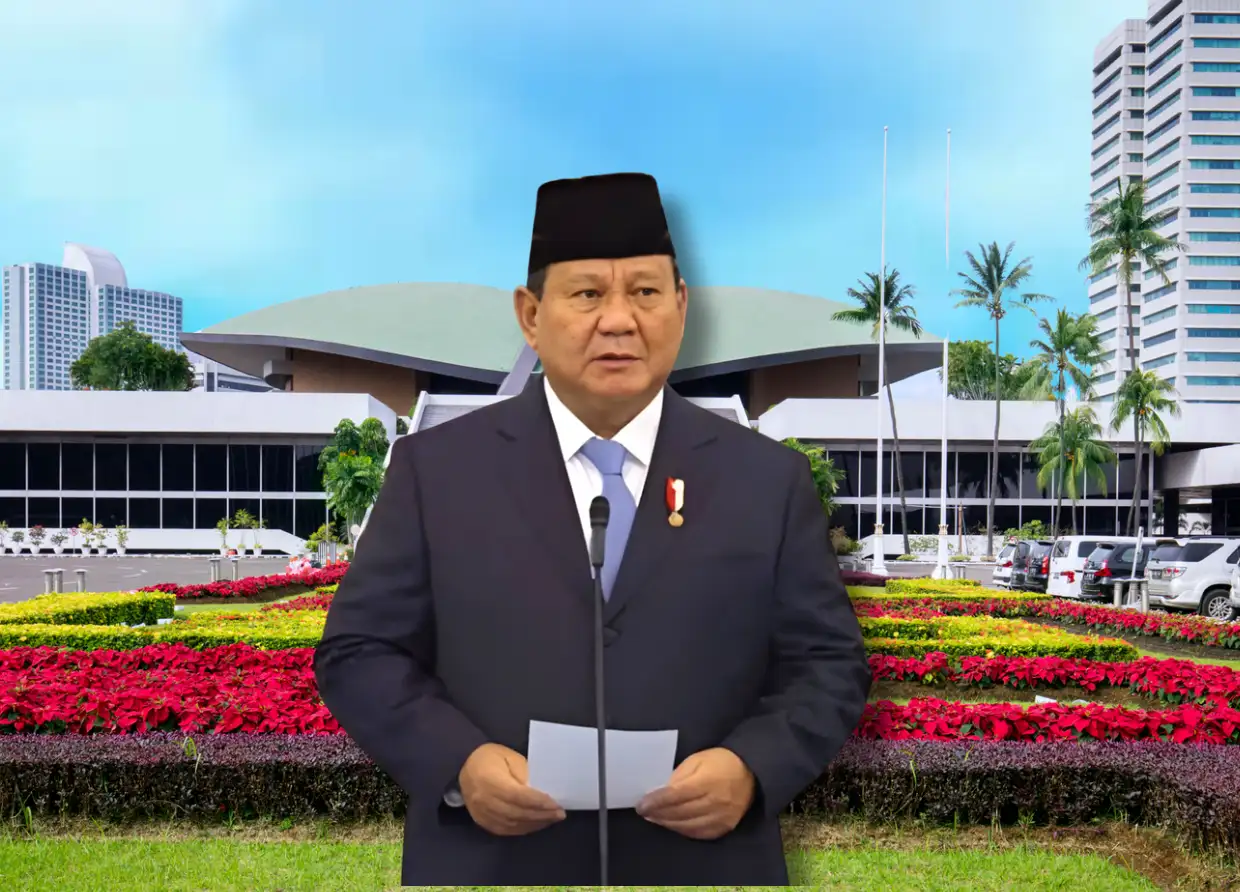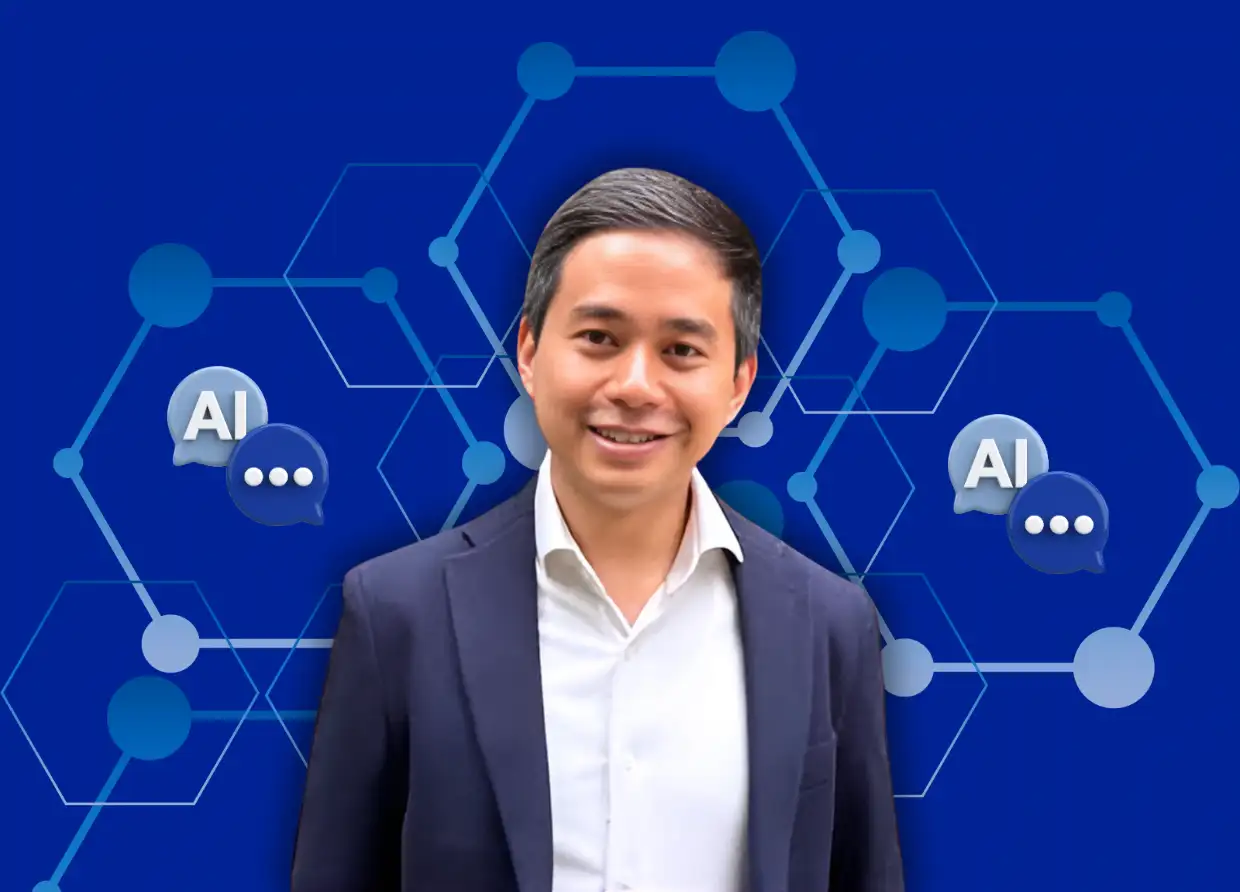EMBRACING CONSTRUCTIVE TENSION: CHRIS BEDI'S VISION FOR THE MODERN CIO
ServiceNow’s Chris Bedi Advocates for CIOs to Drive Company-wide Transformation
In the evolving landscape of global business, the mantra "embrace AI or die" has become a rallying cry, positioning Chief Information Officers (CIOs) as pivotal players in steering their companies towards success. Amidst this shift, ServiceNow’s Chris Bedi stands out, advocating for CIOs to be not just technology leaders but also influential voices in the C-suite, even if it means challenging the CEO to ensure the company remains on the right path.
Bedi, who was recently honored with the MIT Sloan CIO Leadership Award for 2024, exemplifies this new role of the CIO. Under his leadership, ServiceNow has been at the forefront of integrating generative AI into its services, setting a benchmark for digital innovation in the industry. His approach goes beyond traditional IT functions, positioning him as a "positive source of constructive tension" within the executive team.
"The judges were looking for someone who personified the role CIOs should be playing, and that is really to own and drive the transformation of the whole company in literally everything," Bedi explains. "Every business strategy and every business process is powered by tech. Therefore, CIOs, I think, need to step up, take on that responsibility of driving the whole organization forward."
Bedi's journey from Chief Digital Information Officer to Chief Customer Officer, and now Interim Chief Product Officer, underscores his belief that CIOs should assume responsibilities that extend beyond conventional job descriptions. This includes leading talent transformation to prepare for AI and translating technology investments into measurable business value.
George Westerman, senior lecturer at MIT Sloan School of Management and a judge for the CIO Leadership Award, acknowledges Bedi’s exceptional blend of technical acumen and business leadership. "Chris distinguished himself not only as a great leader of the technology function but also as a business leader," Westerman says. "What is different is that Chris doesn’t talk or act like a technical person. He really knows the business and he acts like a true business leader."
As ServiceNow continues to integrate generative AI into its offerings, Bedi highlights the company’s impressive achievements, such as reducing customer call center workload and boosting developer productivity. The company’s proprietary domain-specific language models, which avoid reliance on third-party solutions, have also enhanced security and customer satisfaction.
Despite these advancements, Bedi is clear that the role of the CIO is not about replacing the CEO but rather complementing the broader executive team. The evolving CIO role involves aligning technology with business objectives, and this shift is expected to redefine future CEO profiles and succession planning.
Ashley Skyrme, senior managing director at Accenture, emphasizes that while the CIO may not replace the CEO, the convergence of business and technology strategy means CIOs are increasingly seen as viable candidates for top executive roles. "What is the new CEO profile in an era of generative AI and data-led business models? How does this change CEO succession planning and who you select as your CIO?" Skyrme asks.
As companies navigate these changes, Bedi’s vision for the CIO role—driven by boldness and a comprehensive understanding of both technology and business—will likely shape the future of executive leadership.
#THE S MEDIA #Media Milenial #Chris Bedi #ServiceNow #CIO Leadership #Generative AI #Digital Transformation #MIT Sloan CIO Leadership Award #Technology Integration #Business Strategy #Executive Leadership #AI Solutions #Enterprise Innovation #Technology Management #C-suite Dynamics #Future of CIO #CEO Succession Planning

























